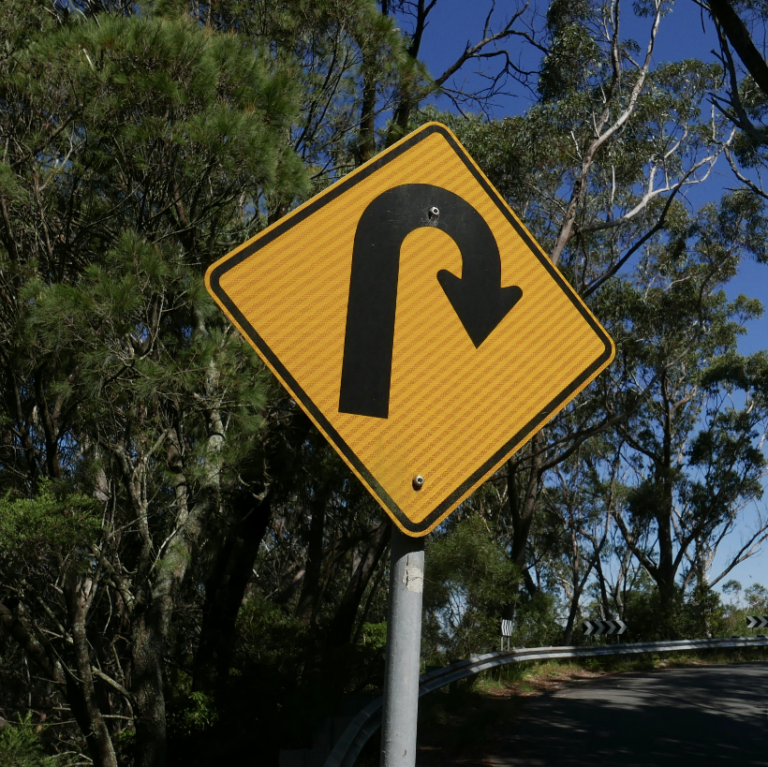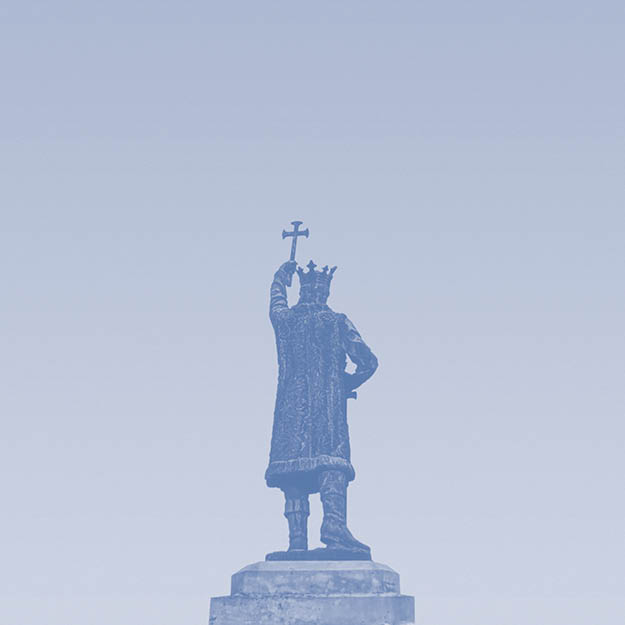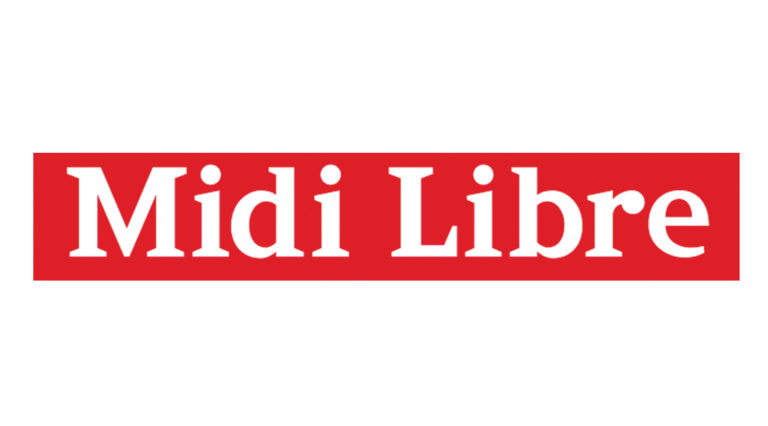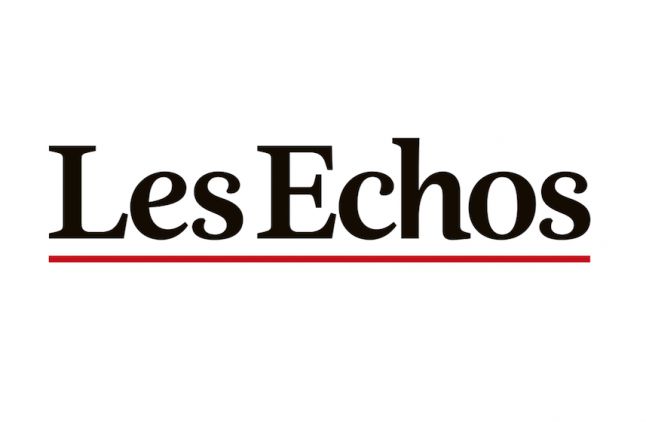Académie Notre Europe : “Europe of migration” session [FR]
PARTNERSHIP
PARTENAIRES
This session of the Academie Notre Europe will be dedicated to the Europe of migration. Migration issues are at the heart of the European debate. In 2022, Member States showed solidarity in welcoming Ukrainian refugees when war broke out, notably by activating – for the first time since its entry into force in 2001 – the Temporary Protection Directive, which allowed for immediate temporary protection in the EU for people fleeing the war in Ukraine. However, in 2015, the migration crisis highlighted the divisions between Member States on migration and asylum policy. What are the competences and what are the existing provisions at European level in this field? What are the avenues for improvement and the prospects for development in the short term?
We will begin this session with a debate with Sébastien Maillard, Director of the Jacques Delors Institute, on current European affairs, particularly in the context of the European Council of 9 and 10 February. Then, we will exchange with Giulio di Blasi, Member of the cabinet of the European Commissioner for Home Affairs, who will present the European migration and asylum policy. We will end the morning with a debate between Fabienne Keller, Member of the European Parliament, and François Thomas, President of SOS Méditerranée, on the current European situation regarding migration, in particular the European Pact on Migration and Asylum currently being negotiated and the reception of Ukrainian refugees by European countries.
Finally, the afternoon will be devoted to a simulation of a citizens’ climate convention, led by members of the Jacques Delors Institute’s Energy Centre, Fiona Breucker and Alicia Barbas.
This session of the Academie Notre Europe will be dedicated to the Europe of migration. Migration issues are at the heart of the European debate. In 2022, Member States showed solidarity in welcoming Ukrainian refugees when war broke out, notably by activating – for the first time since its entry into force in 2001 – the Temporary Protection Directive, which allowed for immediate temporary protection in the EU for people fleeing the war in Ukraine. However, in 2015, the migration crisis highlighted the divisions between Member States on migration and asylum policy. What are the competences and what are the existing provisions at European level in this field? What are the avenues for improvement and the prospects for development in the short term?
We will begin this session with a debate with Sébastien Maillard, Director of the Jacques Delors Institute, on current European affairs, particularly in the context of the European Council of 9 and 10 February. Then, we will exchange with Giulio di Blasi, Member of the cabinet of the European Commissioner for Home Affairs, who will present the European migration and asylum policy. We will end the morning with a debate between Fabienne Keller, Member of the European Parliament, and François Thomas, President of SOS Méditerranée, on the current European situation regarding migration, in particular the European Pact on Migration and Asylum currently being negotiated and the reception of Ukrainian refugees by European countries.
Finally, the afternoon will be devoted to a simulation of a citizens’ climate convention, led by members of the Jacques Delors Institute’s Energy Centre, Fiona Breucker and Alicia Barbas.
SUR LE MÊME THÈME
ON THE SAME THEME
PUBLICATIONS
The hasty return of Syrian refugees would not serve European interests

[FR] Migration: A look back at the February 9 European Council

Moldova and the war

MÉDIAS
MEDIAS
Le défi des migrations africaines en Europe

Union européenne : les demandes d’asile au plus haut depuis sept ans

Naufrage en Grèce: des élus prônent une opération européenne de sauvetage en mer
















